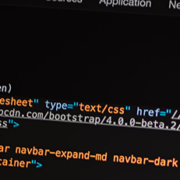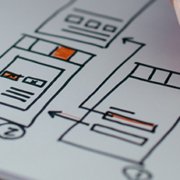How to Choose the Right CMS for Your Website Design Needs
Choosing the right content management system (CMS) is one of the most important decisions you’ll make in the website design and development process. A CMS not only powers your website’s backend but also impacts the design flexibility, performance, scalability, and overall user experience. With a wide range of platforms available—from WordPress to Webflow, Squarespace to Wix—it’s essential to align the CMS you choose with your specific design goals and project requirements.
Start by defining the purpose of your website. Are you building a portfolio, an e-commerce store, a blog, or a business site? Each use case comes with different design and functionality demands. For example, if you’re designing a highly visual portfolio site, platforms like Webflow or Squarespace offer robust visual design tools and elegant templates. If you’re creating an online store, Shopify or WooCommerce (in a WordPress site) may be better suited for product and inventory management while still offering decent design flexibility.
Next, consider the level of customization and control you need. Designers who prefer granular control over layout and interactions might gravitate toward Webflow or something similar. On the other hand, WordPress, with its vast ecosystem of themes and plugins, is great for projects that require speed to market and easy content updates but still allow for deep customization when needed. Keep in mind, however, that more control often comes with a steeper learning curve or a need for developer collaboration because of the code modifications involved.
Another key factor is your client’s or content team’s technical ability. A CMS should empower users to manage content without breaking the design. Systems like WordPress and Craft CMS provide user-friendly interfaces for non-technical editors, while others like Sanity or Contentful may require more technical expertise but offer structured content modeling and API-driven flexibility ideal for complex or multi-platform sites.
Ultimately, the “best” CMS is the one that aligns with your design vision, development workflow, and client needs. Take the time to evaluate not just features, but also the support community, update frequency, and how well the CMS integrates with your preferred design and dev tools. A well-chosen CMS can streamline your process and help you deliver better websites—faster, more efficiently, and with fewer compromises.





